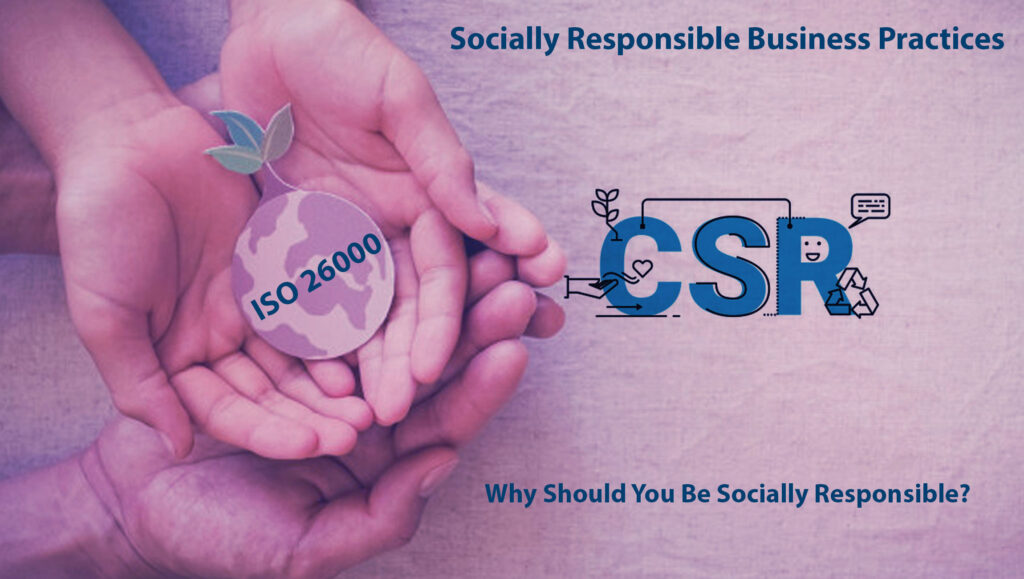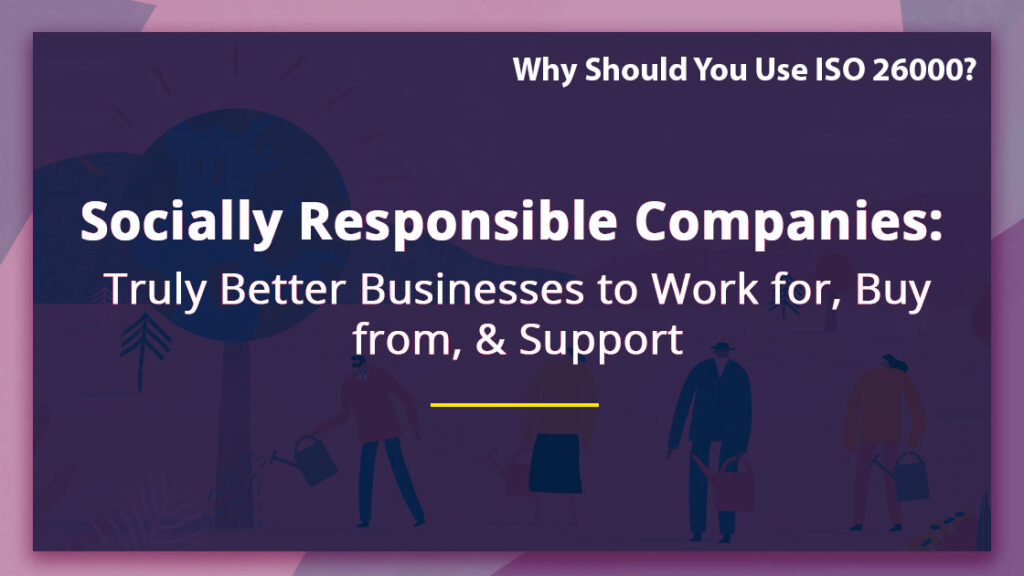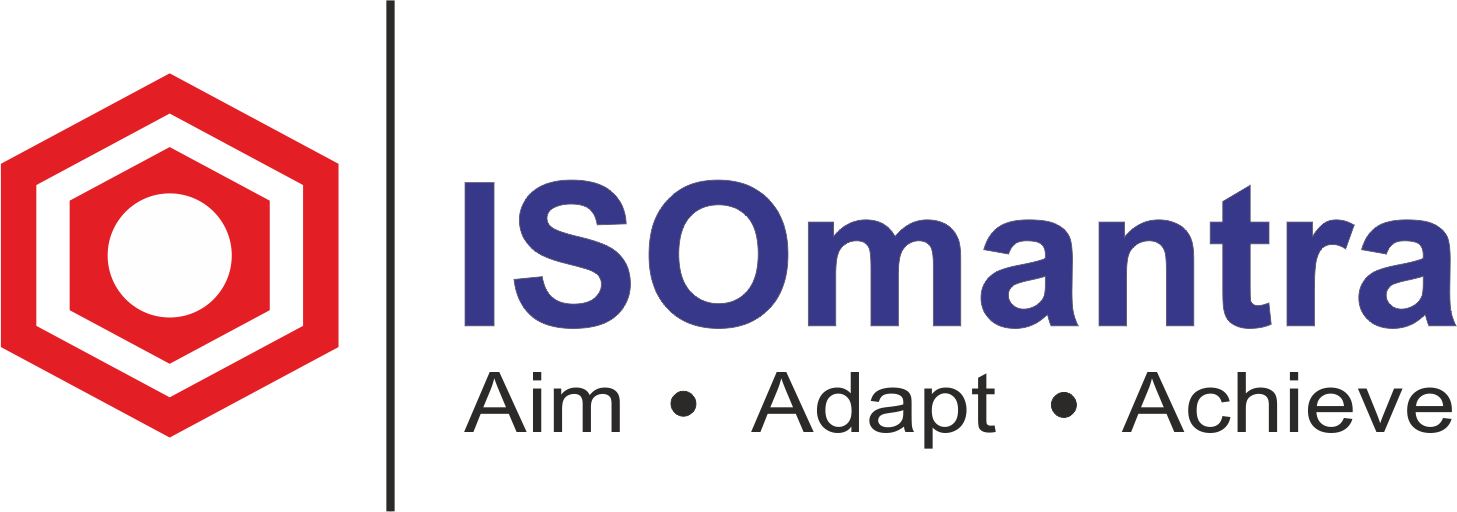ISO 26000 – Socially Responsible Business Practices

ISO (International Organization for Standardization) is an independent, non-governmental organisation that represents over 150 countries’ National Standard Institutes. They create and publish worldwide standards in response to market demands and global expert viewpoints. There are both certifiable and non-certifiable ISO standards, such as ISO 26000: Social Responsibility.
As a non-certifiable standard, ISO 26000: Social Responsibility provides guidelines rather than standards. It teaches organisations about social responsibility and makes recommendations on how to operate in a socially responsible manner.
Why Should You Use ISO?

Being ISO certified has numerous advantages, as we outlined in a recent piece. There are other advantages to just implementing ISO and utilising standards such as ISO 26000 to drive your management system operations and overall business concepts.
Social Responsibility (ISO 26000)
ISO 26000 guideline is intended to assist businesses in going beyond basic legal compliance by building an atmosphere that promotes social responsibility in all areas. Social responsibility is defined as “an organization’s duty for the effects of its actions and operations on society and the environment, as demonstrated by transparent and ethical behaviour…”
Why Should You Be Socially Responsible?
People’s perceptions of an organization’s social responsibility can influence, among other things:
- advantage in competition;
- reputation;
- the ability to attract and retain employees;
- staff dedication and productivity;
- the perspectives of key stakeholders; and
- collaboration with other organizations
How to Be an ISO 26000 Socially Responsible Organization
ISO 26000’s Seven Principles
ISO 26000 comprises seven main themes and seven key underlying principles.
- Accountability
- Transparency
- Ethical Conduct
- Consideration for Stakeholder Interests
- Adherence to the Rule of Law
- Adherence to International Behavior Standards
- Human Rights Respect
The Seven Fundamental Subjects ISO 26000
- Corporate Governance
- Fundamental Human Rights
- Working Conditions
- the environment
- Ethical Business Practices
- Consumer Concerns
- Community Development and Involvement

